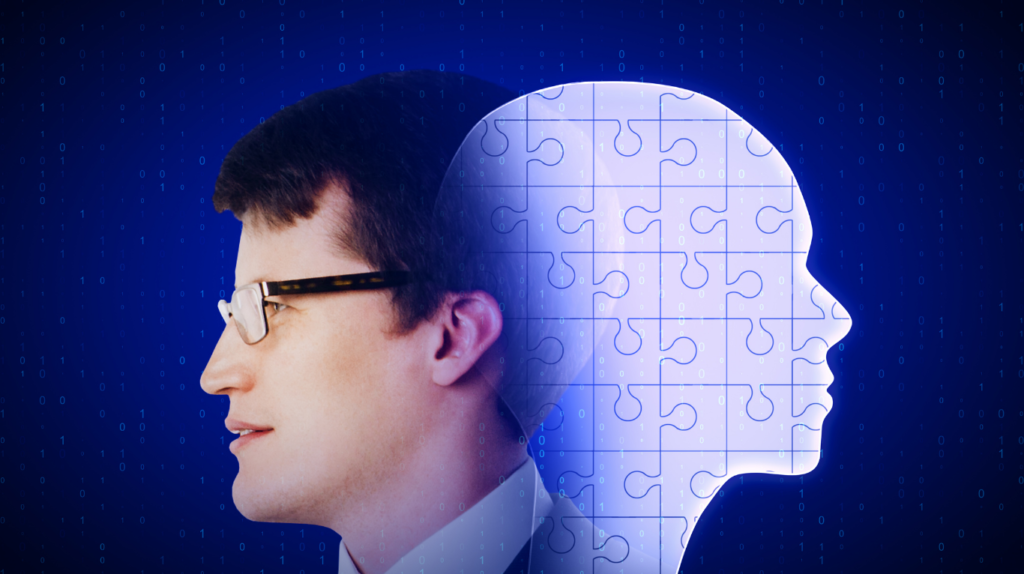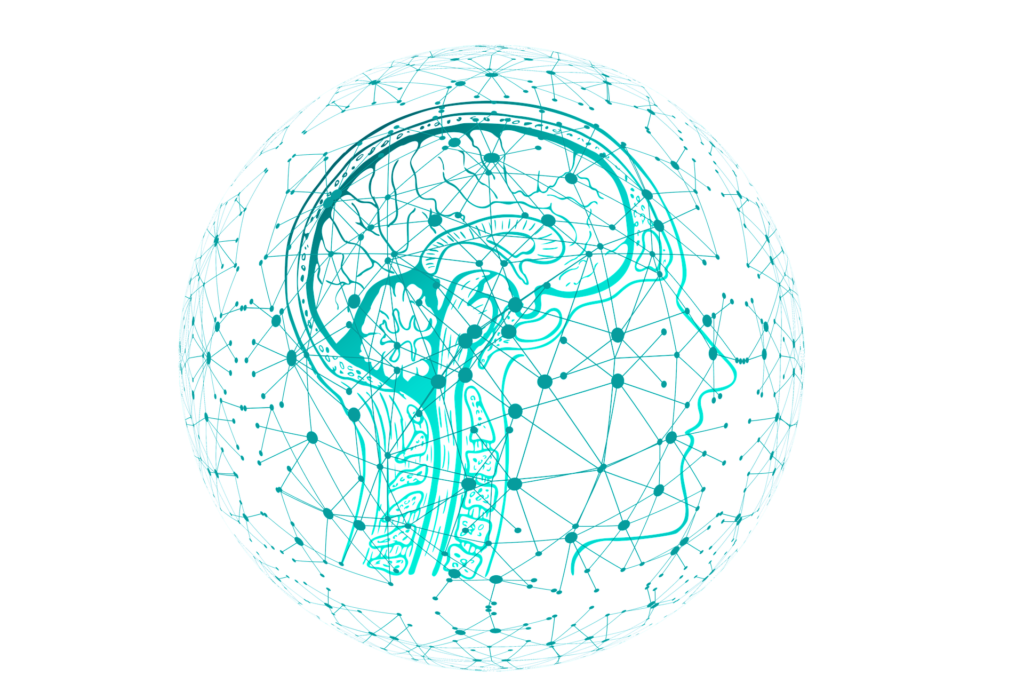In the current world of artificial intelligence, there are still many things that computers can’t do. One thing that humans are notoriously good at is coming up with creative new ideas and making decisions based on feelings rather than a strict set of rules. But what if we discovered the “algorithm of thought” – a way to think and make decisions for ourselves that did not involve the conscious use of our logical and rational minds? What if we learned how to do this so completely that we eventually made ourselves obsolete?
There are two things we must consider with any technological advance. The first is ensuring that technology advances in a way to benefit all people, not just those who are already wealthy or politically influential. The second is ensuring that the technology is safe for all people – that it does not become capable of harming us, and can be controlled in a way so that it does not harm us.
A brief explanation of the algorithm of thought

An algorithm of thought is not something like “the complete set of instructions for thinking”. It is rather the ability to translate intuitive, unconscious thoughts into a logical, explicable form. There are two main components to it:
1) The ability to come up with new ideas (creativity).
2) The ability to make decisions without having all the information beforehand. This will make more sense in just a bit.
We will talk about creativity first because that is what people usually think of when they talk about “thinking.” People ask questions like, “How can people be creative if everything has already been done?” We’ve seen examples in this blog like how people can make mash-ups of songs that are unique. What is happening here is that people are translating their intuitive, unconscious thoughts into logical explanations that others can understand.
The ideas themselves are not creative. In fact, many of them are just the results of people’s subconscious mind trying to satisfy their urges. But what determines whether or not you end up going along with those ideas? That is where decision-making comes in. The very act of translating your gut reaction into an explanation of why you feel a certain way allows you to somehow judge the value of those gut reactions and prioritize them. If it seems like a stupid idea, then your subconscious mind will let it die. If it seems good, then you’ll go with it and make it something more concrete.
A good decision-making algorithm takes all the information it has about a problem and makes the best possible solution without messing up. So what if we could come up with a completely infallible algorithm of thought…?
Things that are quite disturbing
Let’s suppose we could create an algorithm of thought that could make decisions perfectly all the time, based on all the information it has, even if it had to process it in real-time. When a person with the algorithm of thought came up with a creative idea, his or her brain would be satisfied and he or she would go along with that idea. But when the person decided on how to make decisions, the algorithm of thought would be able to process all the information about that decision and come up with the best possible answer. It could not just mess up – it would always come up with the perfect answer.
When we say algorithm of thought, we don’t mean any kind of strict or rigid system that have to follow. We are talking about a process by which the brain can form new connections whenever it makes a decision, so that it can always come up with the best decision possible.
Now, this does not mean that people will stop making decisions. People will still want to do things for their own reasons. But the decisions made by the people with this algorithm of thought are mostly subconscious and based on their gut reactions. This means that the algorithm controls them, instead of their brains; in fact, the brain’s role is now reduced to that of a relay and processing front-end for the algorithm.
How is the invention of the algorithm of thought possible? Or, is it even possible?

We know that the human brain can change and adapt, learn, and develop new skills throughout life. It can come up with creative new ideas on how to do things. It can even invent entirely new ideas that no one else has ever had before.
Talking about the algorithm of thought, the brain has not changed in any physical way. It is the same brain that you and I have. But how is it possible that this human brain can invent an algorithm of thought by itself?
A phenomenon in the brain called neuroplasticity, which basically states that your brain has no fixed structure and can always be changed by learning and experience. This means that you are constantly being shaped by the environment around you, which includes your genes, your friends, books, movies, TV shows – basically everything you experience. Your brain is constantly adapting to these stimuli of changes and forming new connections within itself.
The neural connections that are formed are not fixed but rather plastic, flexible, and easily modified. The more you use them – either by learning new things or by making decisions – the more tightly they bond with each other. As a result, any of the connections that have been heavily used over time will be stronger than those that have not.
Impact of the brain on the system

The brain can store all the information it learns in the form of long-term memories. This has been shown experimentally by means of running rats through mazes over and over again in order to teach them to navigate these mazes with ease. In such a maze, there is a blue square in the middle of the maze. When the rat finally gets used to these surroundings and goes through this maze without any problem, there is an area in its brain called hippocampal formation that lights up. This area used to be inactive because it was never used by the rat – but after many repetitions of going through that maze, it has formed strong connections with its neighbors. Now when the rat goes through this same maze, this activated hippocampal region lights up again and it can navigate through these mazes unhindered.
When we say algorithm of thought, we don’t mean any kind of strict or rigid system that we have to follow. We are talking about a process by which the brain can form new connections whenever it makes a decision so that it can always come up with the best decision possible.
If a person keeps on making decisions throughout his life and forming these new connections, the algorithm of thought will develop its abilities over time. In fact, the stronger you use this algorithm of thought for making decisions, the stronger this connection will become in your brain.
Is it the brain’s algorithm, then?
It’s more like a hack on the brain’s algorithm. For example, when you are hungry and see a pizza, you want to eat it. But in this process, there are millions of patterns being formed in your brain and activities going on. It’s like programming your brain somehow to only react to a certain pattern of stimuli. And you can choose what kind of pattern will make your brain react. You just keep on learning and improving your algorithm of thought over time, until it seems like your mind is a clear platform free of any psychological biases that might stop you from thinking rationally and making good decisions.
What would happen if we made ourselves obsolete?
Now, let’s ask the question: What would happen if we turned our brains into a purely logical, predictable, and nearly flawless algorithm of thought? What if we could make ourselves so logical and predictable that we would be a nearly flawless decision-making system? How would this affect us, the living humans?
One way to think about it is to view computers as a type of tool that we use to manage our lives. If you were to become completely dependent on technology and completely obsolete, you would lose all control over your life. You would lose what made you human in the first place – your ability to make decisions based on your feelings, not just reasons. You would become a machine.
If you think about it this way, then we can see how this could be dangerous. Just take an example of tech empires that have destroyed themselves by becoming too powerful (or just look at the examples in our world like the Soviet Union and Nazi Germany).
We exist due to our uniqueness, and our ability to choose. If we become obsolete, we will lose this.
Bottom Line
The key to preventing this kind of catastrophe is to ensure that humans’ decisions are based on their own reasoning and intelligence, not based on any sort of algorithm. As we see the rate of evolution of technology in the past decades, scientists are most likely to discover the concept of the algorithm of thoughts in the near decades. This means that we should be very aware of the consequences, and do our best to ensure that we don’t end up becoming obsolete.
- AI-Powered PCs: Overhyped Trend or Emerging Reality? - August 21, 2024
- Princeton’s AI revolutionizes fusion reactor performance - August 7, 2024
- Large language models could revolutionize finance sector within two years - March 27, 2024



